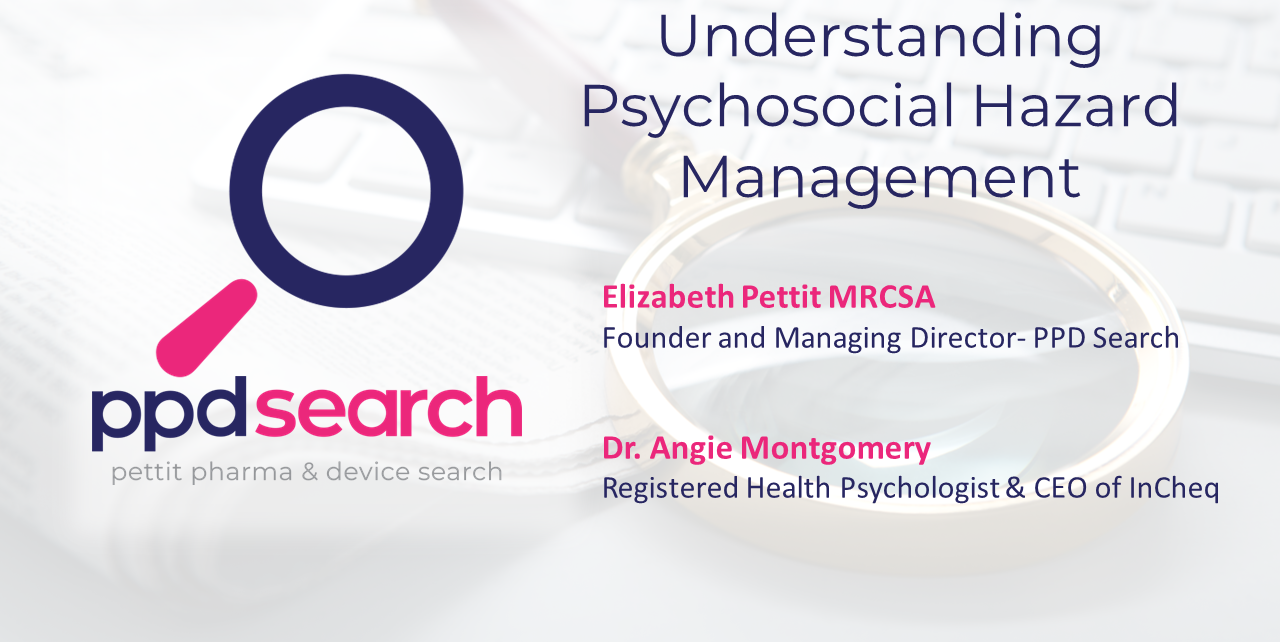Preparing for the Fair Work Legislation Amendment: What the 'Right to Disconnect' Means for Your Business
Published on July 14, 2024
Written / Hosted by: Elizabeth Pettit
The Australian landscape of work-life balance is set to shift significantly with the introduction of the Right to Disconnect. This amendment to the Fair Work Act (effective August 26, 2024, for non-small businesses and August 26, 2025, for small businesses) empowers employees to switch off and prioritise personal time outside of working hours.
Given the fast-paced and demanding nature of the Pharma & MedTech industries, these new laws might seem daunting to your business. To ease the transition and foster a healthy work-life balance while keeping up with the demands of everyday operations, we’ve compiled some helpful information and strategies your business can implement to prepare for and integrate the Right to Disconnect effectively.
Understanding the 'Right to Disconnect'
The 'Right to Disconnect' was introduced by the Federal government through the Closing Loopholes Bill No. 2. It grants employees the right to switch off and refuse to monitor and respond to work-related communications outside their working hours unless it is unreasonable for them to do so. This right extends to various forms of contact, including calls, texts, emails, and workplace messaging systems such as Teams, WhatsApp, and Slack.
Key Aspects of the Legislation
Effective Dates:
- For businesses with 15 or more employees: August 26, 2024.
- For small businesses (fewer than 15 employees): August 26, 2025.
Employee Rights:
- Employees can ignore work-related communications during unpaid personal time.
- Employers can contact employees after hours but cannot demand responses unless it is unreasonable for employees not to reply.
Existing Agreements:
- Employees who already have a stronger right to disconnect in their relevant awards, enterprise agreements, or employment contracts will retain the existing right.
Dispute Resolution:
- Disputes should first be raised and discussed in the workplace.
- If unresolved, disputes can be escalated to the Fair Work Commission for potential Stop Contact Orders.
- Failure to comply with stop orders may result in penalties.
Determining "Unreasonable" Refusal
The Fair Work Commission will assess whether an employee's refusal to respond outside of work hours is considered "unreasonable" by considering several factors:
Nature of Contact: Urgent issues impacting patient safety or critical business operations may fall under reasonable contact.
Method of Contact: Urgent situations might justify calls or texts, while everyday matters can likely wait until working hours.
Level of Disruption: The potential consequences of delayed response will be weighed.
Compensation: Employees compensated for on-call duties or overtime might have a higher threshold for "reasonable" after-hours contact.
Employee Role & Responsibilities: Senior executives or those with critical on-call roles may have different expectations.
Personal Circumstances: Family emergencies, health issues, or pre-existing commitments should be considered.
Preparing Your Business for Compliance
To ensure your business is ready for the Fair Work Legislation Amendment, consider the following steps:
Review and Update Policies
Examine your current communication policies and update them to reflect the new 'Right to Disconnect' rules. Ensure all employees are aware of their rights and the company's stance on after-hours communication.
Communication Training
Train managers and HR professionals on the nuances of the new legislation. Emphasise the importance of respecting employees' personal time and the conditions under which after-hours contact may be deemed reasonable.
Clarify Roles and Responsibilities
Clearly define roles and responsibilities to determine when after-hours communication is necessary and reasonable. Establish guidelines for what constitutes an emergency or urgent situation that justifies after-hours contact.
Implement Technology Solutions
Use technology to manage communication boundaries effectively. Set up automatic email replies indicating non-availability during off-hours and use scheduling tools to delay non-urgent messages until regular working hours.
Monitor and Evaluate
Regularly monitor the effectiveness of the new policies and make adjustments as needed. Conduct surveys or feedback sessions with employees to gauge their experience and address any concerns.
Dispute Resolution Mechanism
Establish a clear internal dispute resolution mechanism to handle any issues related to after-hours communication. Ensure that employees know how to escalate unresolved disputes to the Fair Work Commission if necessary.
Implications for Recruitment and HR
For HR professionals and executives in the medtech and pharmaceutical industries, the 'Right to Disconnect' legislation presents both challenges and opportunities:
Attracting Talent
You’re able to demonstrate your company's commitment to work-life balance and compliance with the 'Right to Disconnect' to attract top talent. When advertising for roles, be sure to highlight flexible working conditions and respect for personal time.
Employee Retention
Through this legislation, you can better foster a supportive work environment that values employees' personal time. To actively demonstrate this support, recognise and reward employees who manage their work-life balance effectively.
Performance Management
When it comes to managing performance in line with these new changes, look to shift the focus from availability to productivity and outcomes and encourage employees to manage their time efficiently during working hours.
Wellbeing Initiatives
As part of a wider wellbeing program, integrate initiatives that support employees' mental health and work-life balance. For example, you could offer programs that help employees manage stress and prevent burnout.
The Right to Disconnect: A Positive Step Forward
The Fair Work Legislation Amendment's 'Right to Disconnect' is a pivotal change for businesses in Australia. As a leading recruitment agency specialising in the medtech and pharmaceutical industries, we’re urging our clients to proactively prepare for this legislation.
By updating policies, training staff, and fostering a supportive work environment, you can ensure compliance and enhance your company's reputation as an employer of choice. Embrace this change as an opportunity to promote a healthy work-life balance, ultimately leading to happier, more productive employees.
If you’d like support with navigating this changing workplace landscape and building a future-proof recruitment strategy, get in touch with the team at PPD Search today.
From our blog
View our blogs and webinar recordings for insights into recruitment in the healthcare industry, company culture and to hear from senior leaders in the healthcare industry on what they are doing in their organisations, along with tips on landing your dream job.






